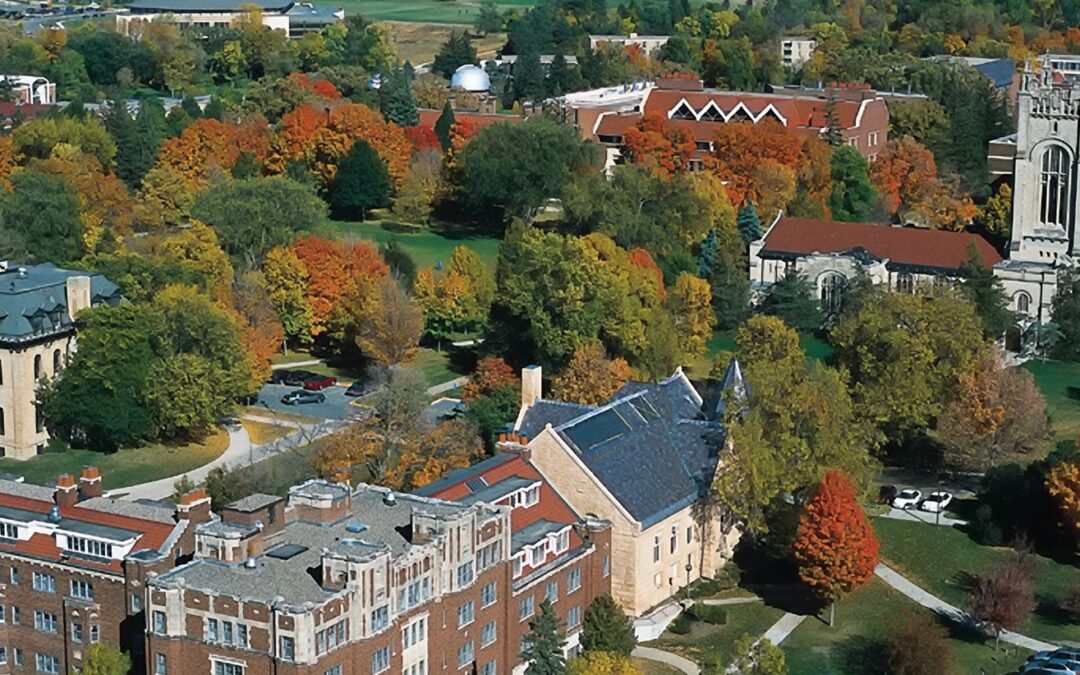
Choosing Your Courses for the Next Year
Soon, many sophomore and junior students must make choices about their courses for next year. We know the admission process at very selective colleges is based, above all, on your academic performance, and if your grades are not what the college wants to see, your chances of admission will be limited. But how do your curricular choices play out in that process?
Ideally, your college education should have both vertical depth in a single subject and horizontal breadth across many. Admission officers, especially at the most selective colleges, are trying to gauge whether your high school curriculum is equipping you, as a Harvard brochure on preparing for college described it, “with particular skills and information and … a broad perspective on the world and its possibilities.” In fact, most liberal arts colleges are not really admitting students to a particular major (there are exceptions, of course, mostly in pre-professional fields such as engineering and nursing). Thus, choices you make about your curriculum act as a mirror in which they can see your skill/aptitude for pursuing a particular academic interest, but also your curiosity and breadth of mind.
- Are you able to jump into challenging courses in your intended major and make good use of the opportunities on offer? Do you have the math training to take on engineering courses, for example? Do you have the analytical and writing skill to do well in a demanding philosophy course?
- Are you also able and curious to explore beyond your major? Are you flexible enough to see how those “other” ideas might even connect with your field and enrich it? This is as much a practical as a philosophical point. Knowledge is interconnected, and knowing something about statistics, for example, might be very useful to the prospective historian, while a pre-med’s perspective might be shaped by anthropological insights into different cultural assumptions about mind-body connections. In a rapidly changing world, you also don’t know what knowledge the future will require, or which bits of learning will start fading into obsolescence soon after graduation. Your career prospects, therefore, might depend on knowing how to learn, how to analyze critically, and how to communicate your great ideas, whether about a product you are developing or about a public policy you are promoting. You may well have developed some of these skills outside your major!
What does this mean for the courses you should choose in high school, especially if you intend to apply to selective colleges?
- Don’t specialize in high school – if you are mostly not being admitted to a major as a first year, then the fact that you avoided, for example, social science/humanities courses in high school because you intend to study data science, might be a red flag. Note that MIT and Harvey Mudd require applicants to have letters of recommendation from both a STEM teacher AND a humanities/social science one!
- Don’t choose courses because they might be easier, especially if you hope to apply to very selective colleges. Experienced admission officers know that a one-semester government class is likely not going to challenge you as much as AP US History, and that all IB math courses are not equally demanding. As Yale advises its applicants, “Pursue your intellectual interests, so long as it is not at the expense of your program’s overall rigor or your preparedness for college. Be honest with yourself when you are deciding between different courses. Are you choosing a particular course because you are truly excited about it and the challenge it presents, or are you also motivated by a desire to avoid a different academic subject?”
- Choose a course load that will show preparation in a broad academic core, because you will learn important skills and perspectives in each:
- History gives students a better understanding of how the past shapes the present and what is distinctive about our own moment. A rigorous economics course might do the same.
- English will help you write better in a global language and think more critically, while literature gives insight into other lives in different times and places.
- Foreign languages facilitate your access to a global world and to cultures that are not your own. Whether you want to be a businessperson or a physicist, being able to communicate with others and imagine different ways of being and thinking is essential.
- Mathematics not only allows you to balance your checkbook, but also to grasp new scientific discoveries, figure out the economic implications of environmental change, and understand a government’s trade policies. In short, mathematics equips you for modern life.
- Science, in a time when political freedom and environmental health are threatened by false facts and viral conspiracy theories, allows you to analyze scientific concepts and understand their consequences, and think creatively about technology.
- Finally, choose the right rigor for you. Students often ponder whether colleges care most about grades or about rigor. The stock answer is, of course, both. And if you aspire to ultra-selective colleges, this is good advice and a healthy reality check about your chances of admission. But it might not be the most useful advice for every student. NACAC, the national admission organization, counsels you to, “take the most challenging courses that are available and appropriate for you.” So, choose the toughest courses in which, with hard work, you can succeed, and then commit yourself to get as much from them as you can.
[/vc_column_text][/vc_column][/vc_row]
